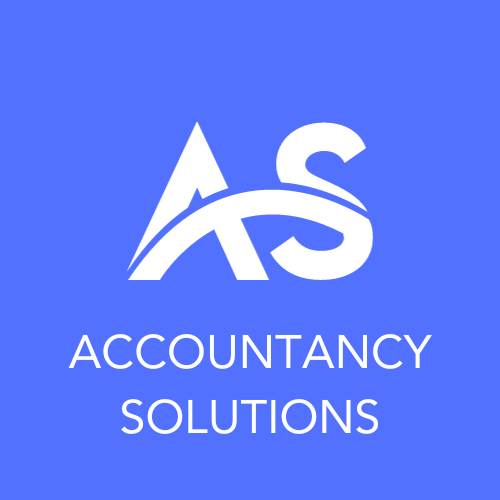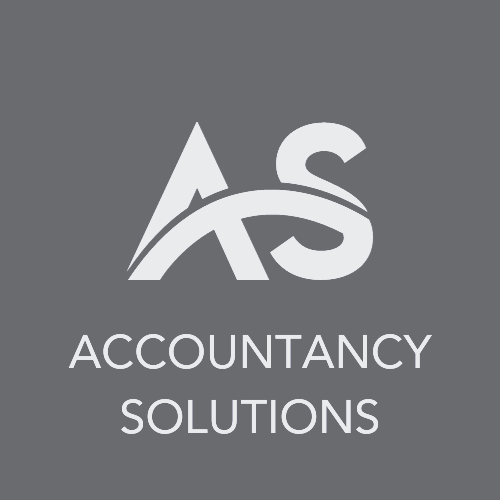Becoming self-employed can be incredibly invigorating as it gives you the ability to take full ownership of your work life which includes everything from how many hours you work, right down to how much pay ends up in your pocket. But, with that being said, it’s important that you’re well prepared when setting up as self-employed and there’s lots you’ll need to consider.
We’ve set up this guide to being self employed which covers the potential benefits and a handy checklist so you can kick-start your life of working for yourself, hassle free.
Benefits of being self-employed
Before we get down to our guide for being self-employed, it’s important that the pros and cons are weighed to ensure it’s right for you and your particular lifestyle. A few of the biggest benefits of being self-employed include:
- You’ll become your own boss which gives you the freedom to set your own working hours and be more flexible, this can be a particularly attractive arrangement if you have other responsibilities to fit around your schedule such as childcare, etc
- Becoming self-employed gives you the opportunity to earn more than what you’d make as an employee and you’ll be able to choose your salary
- It can offer more of a varied workload if you’re doing project-based work, eliminating the tiresome feeling of working on the same job day after day
- Certain costs such as travel and some utilities (if you’re working from home) can be deducted from your income when calculating your tax liability
- No more time wasted on long commutes (unless you choose to of course!) as you can pick where you work
Disadvantages of becoming self-employed
It’s not all plain sailing if you choose to be self-employed and there are a number of negatives you’ll need to consider too, including:
- Finding clients can be a difficult task and you’ll need to think about how you’ll do this and what sets you apart from other sole traders offering the same service
- No sick or holiday pay will be offered, so if you want time off it’ll come out of your own pocket
- You’ll need a lump sum of money to help get your business off the ground
- Income isn’t set in stone which may prove difficult month to month as you’ll need to keep up with things like rent/mortgage repayments and any loans
- Separating work from personal life can be difficult
- You’ll need to take on the admin side of your business which includes bookkeeping and keeping up with current regulations
- You won’t get certain employment benefits such as healthcare or pension
Setting up as self-employed checklist
Now you’ve reviewed the pros and cons of becoming self-employed, it’s time to look at how to get started and what you’ll need to do.
1. Set up a budget
First things first, you’ll need to set up a budget to evaluate how much you’ll actually need to get your business up and running. You may want to include things like:
- Setting up and hosting a website
- Any equipment – will you need computers, phones, perhaps a new vehicle?
- Will you need to rent or buy premises to conduct your business?
- If yes to the above, you’ll also need to factor in things like rent, internet, heating and electricity
- How do you plan to market and advertise your business and how much will this cost?
- Will you need to hire staff straight away?
2. Create a business plan
Next up on your step to becoming self-employed, you should create your business plan. Think about what you want to achieve from your business and set up a few goals ranging from short to long term. Business plans will not only help to ensure you’re working toward something but they’re also great if you need to access funding either from investors or a bank loan later down the line.
3. Register with HMRC
This is an incredibly important step as when you take the plunge to become self-employed, you’ll be fully responsible for paying your taxes each year. The first thing you’ll need to do is register as self-employed with HMRC which can be done online. It’s also a good idea to try and calculate how much your tax will be for the year and try and save in advance to ensure you’re not caught out by a hefty sum you’re unable to pay.
Additionally, if you’re going to become a limited company or a limited liability partnership, you’ll need to pay corporation tax too. Plus, if your business has a taxable turnover of £85,000 or more, you’ll need to register for VAT.
4. Get organised
This goes without saying but when you set up as self-employed, you’ll need to get organised. Record-keeping is hugely important and you’ll need to keep track of everything from client invoices to receipts for business related expenses. These records will be sent alongside your annual self-employed tax return, but you’ll also need to keep them for at least 5 years after the deadline as HMRC may request to see them again.
5. Open a business bank account
You don’t have to do this step if you’re a sole trader but you may want to as it can be helpful to keep personal and business expenses separate. Additionally, business bank accounts have a wealth of features which personal accounts don’t, including things like the option to automatically deduct a certain percentage off any incoming funds for tax.
However, if you’re starting up as a limited-company, a business bank account is a requirement.
6. Accounting and bookkeeping
This is perhaps one of the largest bugbears for becoming self-employed, so it’s important to think about it from the start. Will you have enough time to manage your finances, ensure tax deadlines aren’t missed and keep your books up to date? If not, don’t worry because this is where we can help! At SixtyFour8, we have a team of expert accountants that can keep your books in order so you can get on with the day to day. Get in touch with us here or ring us on: 01633 288299 to find out how we can help.
7. Insurance
Insurance is something many self-employed individuals don’t think about, but it’s very important to ensure both you and your business are protected in the event something goes wrong. Public liability insurance is a good idea and you may want to think about things like equipment and health insurance too.
That’s our guide to becoming self-employed! Looking for more valuable accounting advice? Check out our guide on the self-assessment penalties and deadlines to make sure you’re not caught out on your next tax return.

